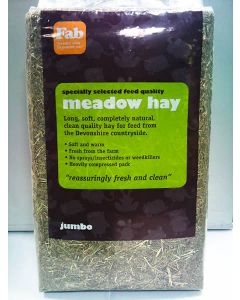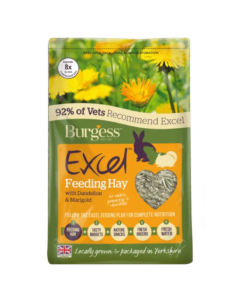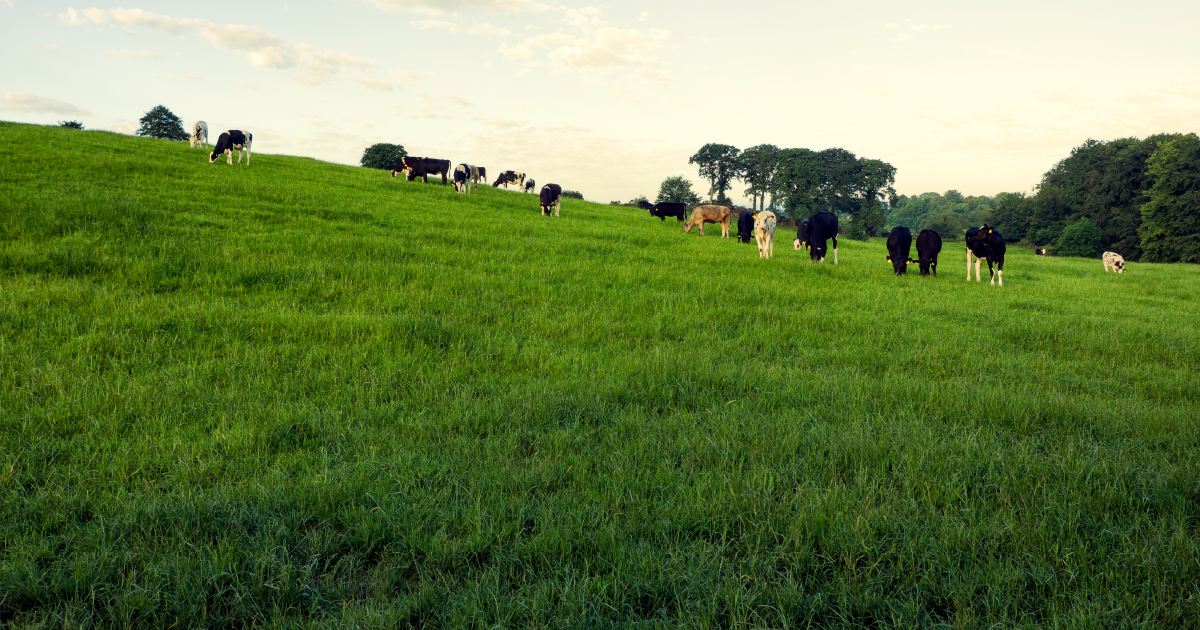How to care for your Guinea Pig
-

- 28 Jul 2023
- 0 Comments

If you're looking for a pet that is perfect for all ages, consider getting a Guinea pig. These small, social animals are relatively low maintenance, but there are a few key things you should keep in mind to ensure their health and happiness.
What key points should you consider?
- Housing- Providing a comfy cage with ample wood-shaving bedding, food, and water is important for your guinea pig's well-being. The cage should be at least 7.5 square feet with a solid bottom, and a hidey-hole is recommended for safety.
- Diet- Guinea pigs need a low-fat, high-fibre diet that includes fresh fruits and vegetables and commercial food. They can't produce vitamin C naturally, so it's important to provide a source.
- Water- Providing guinea pigs with continuous access to fresh and clean water is vital. Ensure that the Water Bottle is hung at a low height, making it easily accessible for your guinea pig.
- Grooming- Regular grooming is necessary for guinea pigs to maintain clean and mat-free fur. To achieve this, use a soft-bristled brush for grooming, and trim their nails every few weeks.
- Exercise- Guinea pigs need regular exercise to stay healthy and happy. Give them a safe place to run or a playpen to play in.
- Health care- It is advisable for guinea pig owners to take their pets for regular checkups with a veterinarian. This will ensure that their health is in good condition and that they are current with their vaccinations.


Tips for looking after your guinea pig
- It is important to treat your guinea pig with gentle care.
- Keep their cage clean and free of any debris.
- It is recommended to spot-clean the cage every day and replace the bedding completely every week.
- Avoid using cedar or pine shavings in the cage as these could be harmful to your guinea pig.
- Provide your guinea pig with plenty of toys to keep them entertained.
- When introducing new foods, do so slowly and carefully to prevent stomach upset.
Here are some foods that can be beneficial for your Guinea pig
- When it comes to feeding guinea pigs, it's important to offer the right type of hay. Timothy hay is the optimal choice, as it's rich in fibre and low in fat. It's essential to provide your furry friend with unlimited access to hay for their overall health and well-being.
- Your guinea pig's diet should include a range of leafy greens like kale, spinach, romaine lettuce, and dandelion greens. These greens are rich in essential vitamins and minerals, and they promote healthy teeth for your furry friend.
- Guinea pigs love a range of healthy vegetables, including carrots, broccoli and bell peppers. These veggies are rich in essential vitamins and minerals that promote your pet's digestive health.
- Sources of vitamin C are required in a Guinea pig’s diet as they are unable to produce it themselves. You can ensure they receive it by offering vitamin C supplements or including foods that are rich in nutrients in their diet, such as bell peppers, broccoli, and kale.


What foods are bad for guinea pigs?
To keep your guinea pig healthy and happy, it's essential to be mindful of what they eat.
- Avoid feeding them citrus fruits like oranges, lemons, and grapefruits, which are highly acidic and can upset their stomachs.
- It's best to steer clear of nuts, seeds, and raw beans, as they contain high levels of fat and toxins that can be harmful to your furry friend.
- Potatoes are another food item to avoid, as they have high starch content and can lead to weight gain.
- Lastly, onions and garlic are toxic to guinea pigs and should never be on their menu.
















